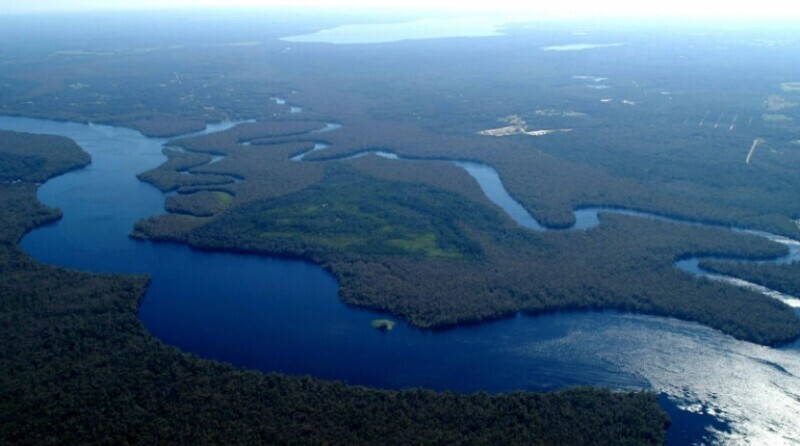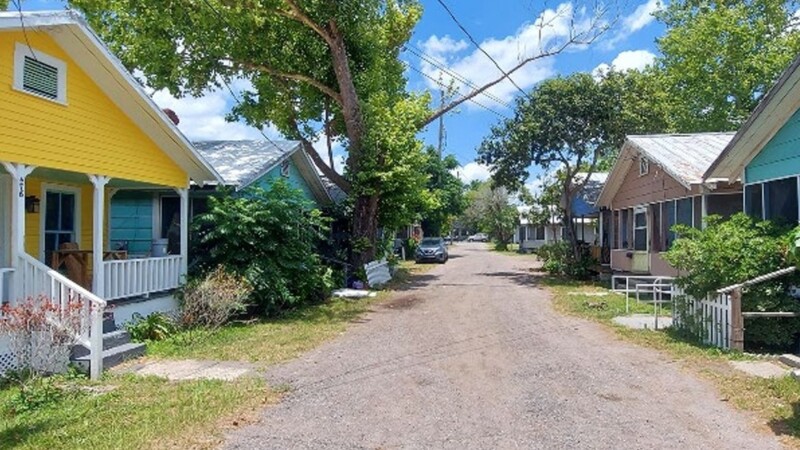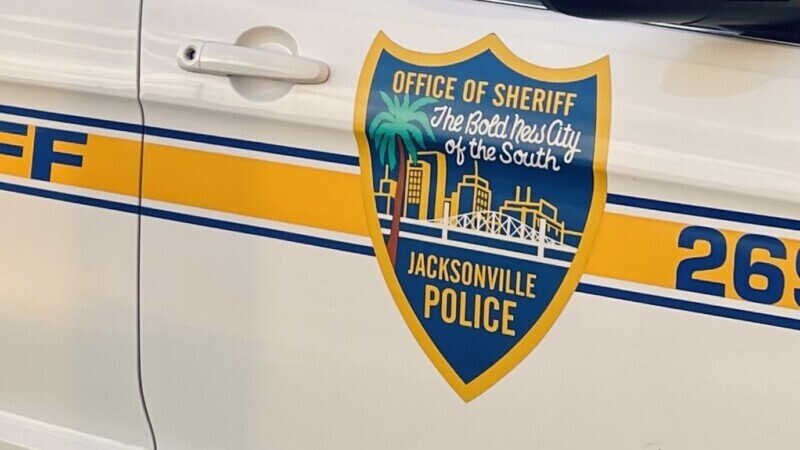
For the most part, Duval County dodged a bullet with Hurricane Ian. Many prayers go out to our fellow Floridians all over the state, most significantly those in the Ft. Myers area, as they struggle to put shattered lives back together. Many prayers also go out to those who lost their lives and those with family members or friends who succumbed to the wrath of a truly historic storm.
Water is a big part of the state of Florida in good ways and in bad — it fuels our agricultural and tourism economies, but our peninsula is vulnerable to water’s fury from time to time. We sometimes struggle to balance the needs of industrial activity with the population’s need for sustainable water supplies for recreational and consumptive purposes.
One thing I believe all Floridians can agree on, however, is that the water in our lakes, rivers and aquifer make up a valuable asset that belongs to us Floridians, subject to regulated use and conservation efforts by state and local officials to ensure that it remains in place for present and future generations.
While I was serving on the Jacksonville City Council, an issue arose about pulling water from the St. Johns River for use by communities in the Orlando area. This prompted concerns from Jacksonville and other upriver communities about how the extraction would affect the river’s flow north to the Atlantic Ocean. The issue opened up questions generally regarding consumptive use permits.
Here’s a very brief legal primer: A consumptive use is any use of water that reduces water availability in the source, such as the aquifer or the St. Johns River, from which the water is withdrawn or diverted. When a party’s water usage reaches a certain threshold level, the regional water management district, whose members are appointed by the governor and confirmed by the state Senate, requires an individual consumptive use permit. The permit costs $115.
Florida law requires the applicant to establish that the water use is reasonable and beneficial, that the proposed use will not interfere with any existing legal water uses and that the extraction and use is consistent with public interests.
Florida’s laws recognize that water constitutes a public resource benefitting the entire state. So why do we give it away for next to nothing?
Last year, the Suwannee River Water Management District granted expansion of a consumptive use permit for the Seven Springs Water Company on behalf of Nestle North America. The permit means that the governor’s appointed members of the management district have given Nestle permission to extract up to 1.15 million gallons of water every day from Ginnie Springs. Although Florida water laws make it illegal to transfer water off a property and not pay the state, aside from some bottling plant jobs, local taxes and perhaps some gratuitous community give-backs, the water is being extracted, bottled and sold all over the country with no monetary benefit for the state of Florida or its residents.
What government permits its natural resources to be exploited for private use without demanding compensation? Would Alaska permit Chevron or BP to extract oil without paying residuals to the state, which in turn flow to Alaska’s residents? Would Saudi Arabia permit BP to extract its oil and sell it for huge profits in exchange for a few paltry manufacturing jobs? Would a private landowner in western Pennsylvania permit a natural gas supplier to extract gas without compensation pursuant to a land lease?
The obvious answers are no. So why is this happening here? The simple answer is that once again, politics have failed us. Those individuals appointed to the various water management districts around the state in large part do not possess the requisite understanding of administrative law or science to make non-politically driven decisions. The result is our current situation.
The Ginnie Springs controversy is timely but not unique. Indeed, the same water extraction policies that enable Nestle and its partners to profit from the flows of Ginnie Springs permit it at other springs around the region, including Cypress Spring, White Springs, Blue Spring and Crystal Springs.
On Oct. 20th, the Florida First District Court of Appeal will hear arguments regarding a variety of mind-numbing administrative law matters on the consumptive use permit. It will be interesting to see what comes out of this protracted litigation, but the real path to resolution lies not with the courts but with the Florida Legislature and the governor’s office. It is up to the governor to pick qualified candidates for the water management districts and the Legislature to demand a fee protocol and stronger laws regarding what constitutes a public interest for extraction.
That said, nothing will happen until people start asking why we give away our precious water for nothing.







